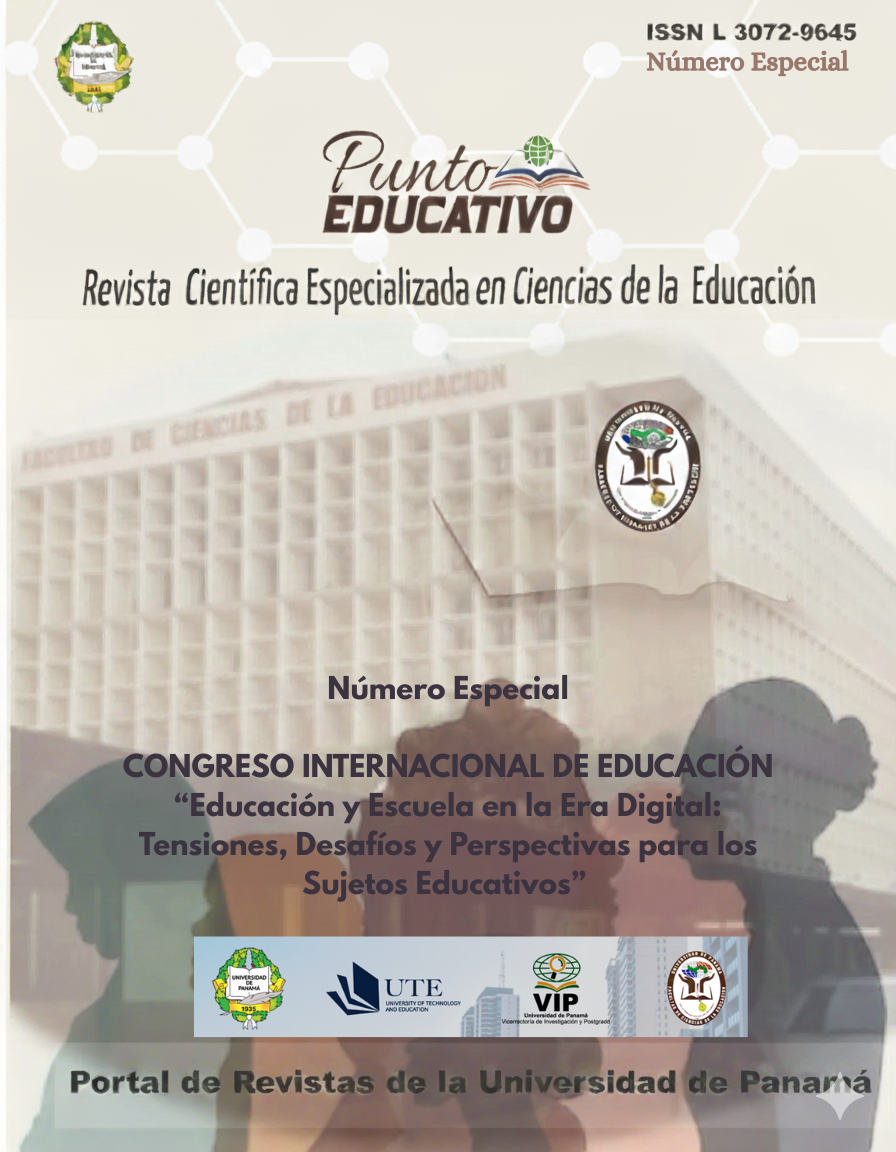

Copyright (c) 2025 Punto educativo

This work is licensed under a Creative Commons Attribution-NonCommercial-ShareAlike 4.0 International License.
Teaching processes in any area of knowledge involve reflections on the purposes, means, resources and results obtained along the way. These elements are based on different theories and paradigms about teaching, which throughout history have pointed out navigation routes for its protagonists: teachers and learners.
The contents in the area of mathematics in elementary and secondary education are fundamental for the development of logical thinking, since they favor the development of competencies that allow understanding the environment and also facilitate the study of other branches of knowledge.
Contextualized didactics is an educational approach that seeks to relate teaching and learning to the students' context; this approach is related to the concept of curricular justice, which consists of establishing parameters of equity in the design, application and evaluation of the curriculum.
The purpose of this paper is to present a documentary review of the impact of contextualized didactics in teaching, which, together with curricular justice, can optimize the teaching-learning processes by taking a critical look at the relationship between content, teachers' curricular decisions and the way in which pedagogical practices are linked to the context and the students' life project. The above in order to provide students, who are the essence of teaching, with a curriculum that responds to some of their needs and particularities.